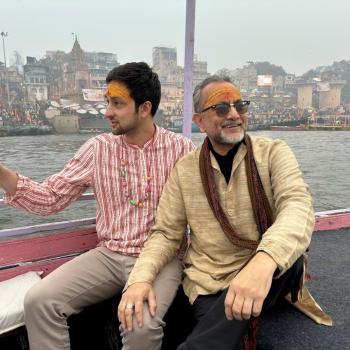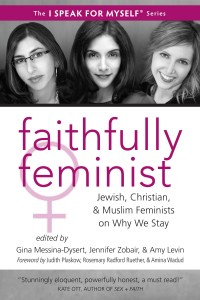I was really looking forward to reading this book, as I still love young adult fiction and was intrigued to see what a Muslim take on the genre would read like.
 From Somalia with Love focuses on 14-year-old Safia who lives with her Mum and two older brothers in the heart of the Somali community in East London. She spends most of her time with her extended family, writing poetry or with her best friend, Hamida. Then her father comes home after 12 years of being missing, presumed dead in Somalia, an event heavily sign-posted as earth shattering for the protagonist.
From Somalia with Love focuses on 14-year-old Safia who lives with her Mum and two older brothers in the heart of the Somali community in East London. She spends most of her time with her extended family, writing poetry or with her best friend, Hamida. Then her father comes home after 12 years of being missing, presumed dead in Somalia, an event heavily sign-posted as earth shattering for the protagonist.
The book is an engaging and easy read. Safia’s voice as a 14-year-old is fairly convincing and the parts where she meets her father and her mother talks about their escape from Somalia are genuinely moving. However, the main facts of the plot are really Safia’s interactions with her “bad girl” cousin Firdous and it is here that the weaknesses in Robert’s story become apparent.
It is not unleashing major spoilers to tell you that in Robert-land, practicing Muslims are very good (and don’t go to cinemas, which is news to me) and non-practicing or “bad” Muslims aren’t. With the exception of Safia’s English teacher, non-Muslims barely exist in this story accept to prop up a few stereotypes. Talking of stereotypes, there is a convert in the story who talks of leaving behind mini skirts and partying–at the age of 15! As a convert herself, I thought Robert would have thought better then to air a trope used against many converts in real life. Likewise, I can understand why she, as a niqab wearer, would want to promote the image of a woman who wears niqab as independent and strong, but the scene this happens in feels very forced and incongruous.
That Robert takes such a monochromatic view of her characters is a disappointment. Firdous is actually written in a very convincing, descriptive and initially empathetic manner, it is a shame she is ultimately treated as a gone-astray archetype, when really far more condemnation should go the way of her supposedly pious family who leave her in the inadequate care of a auntie obviously struggling with mental illness (a fact which is treated with little compassion in the book).
The book talks of dilemmas, but by making the characters so one-dimensional, it doesn’t really resonate with reality in the way that Robert might hope. Even within groups of practicing Muslims, there are still many social issues and no, not just because of culture either, as the problems found in the neo-Salafi and neo-Traditionalist communities illustrate. Many young people don’t just leave the Muslim community because of the lure of the non-Muslim world, but because they may find the Muslim community itself a hostile place. There is also the fact of some who do good deeds in the mosque, but plenty of bad ones elsewhere. All this is a complexity many of Robert’s readers would be familiar with and Robert underestimates them and underachieves herself by not tackling them.















